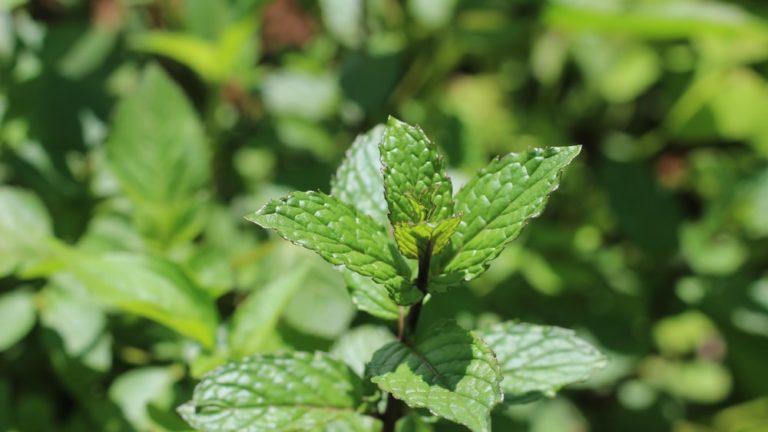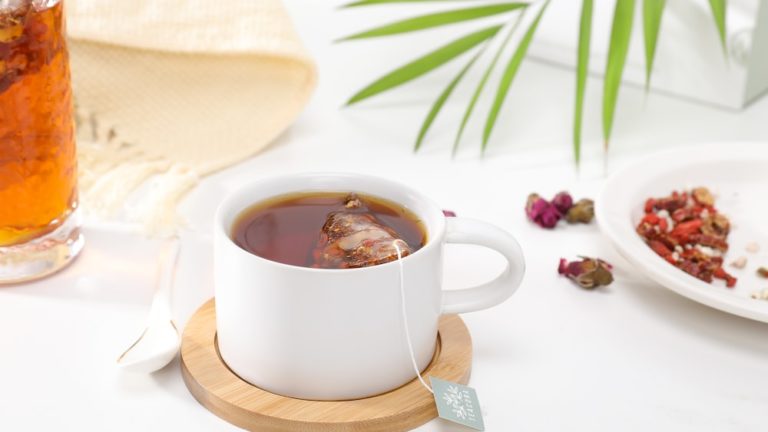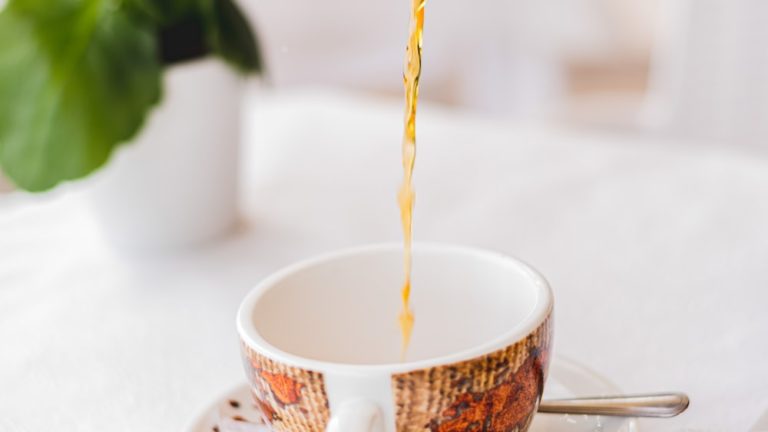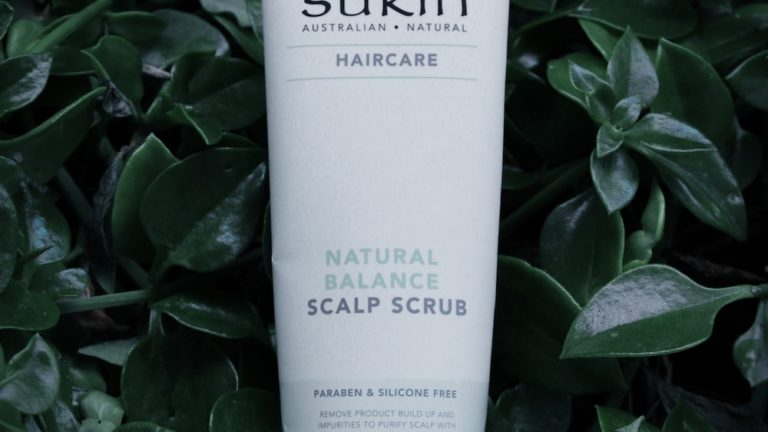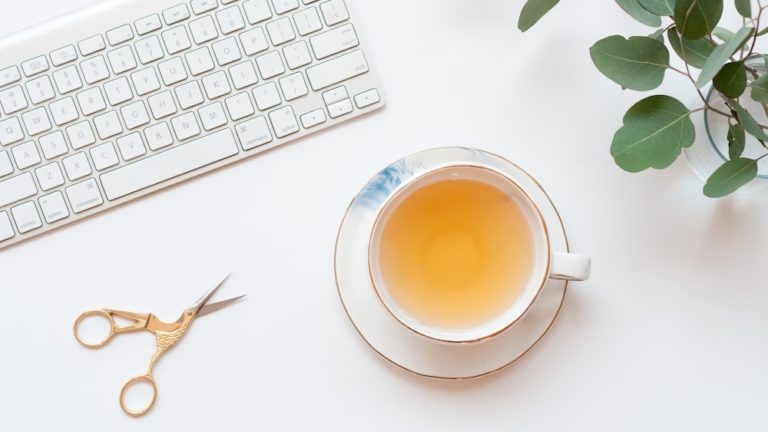Does Tea Expire? Discover The Truth About Tea Shelf Life

Does Tea Expire? Discover The Truth About Tea Shelf Life
Hello, dear tea enthusiasts and health-conscious amigos! Have you ever been on the brink of brewing a heart-warming cup of tea only to wonder, “does this tea ever expire”? We’ve all been in those tea-stained shoes, right?
So, let’s dive in, shall we? Consider this your comprehensive guide that unravels the mysteries and spills the tea (quite literally) on the lifespan of our beloved beverage. Does tea get, well, a bit too ‘long in the leaf’ to safely enjoy? Let’s have a ‘steep’ peek.
Understanding Tea Expiration
“Tea expiration,” you might scoff. Sounds as absurd as a fish on a bicycle, right? Well, brace yourselves, my dear readers, for we’re about to tear down this misconception.
What Does it Mean for Tea to Expire?
Let’s get this clear; when we’re chatting about tea expiration, we aren’t implying that your green tea is going to turn into a zombie. It’s not like your unsuspecting tea bags will grow legs and run for the hills.
What it means, quite simply, is that over time, the aromatic compounds which give our beloved teas their unique colors, flavors (that divine essence which boosts our morning mood), and health benefits, tend to break down. In other words, our tea might not give the taste we once fell in love with, and they might lose their health boosters! Quite a letdown, isn’t it?
Over time, the aromatic compounds in tea break down, resulting in a loss of flavor and health benefits.
Factors Influencing Tea Shelf Life
When it comes to understanding why your cherished specimens of teas lose their charm, there’s more to it than meets the eye. The time-tested adage “All good things must come to an end” doesn’t apply to tea without cause.
Some of the culprits responsible for such a tea-strophe include:
- The method of tea preparation and storage: The ‘how-to’ of storage and preparation practically runs the show. Are you a loose leaf tea aficionado, or do store-bought tea bags steal your heart? This has a grave impact on the shelf life of your tea.
- The type of tea: Not all teas are created equal. That’s right, a black tea has a different expiry timeline compared to a green or herbal tea.
From here, our expedition ventures into the world of different types of tea and their respective shelf lives.
Types of Tea and Their Shelf Life
Now, before we move on, let’s get our cheat sheets ready because the world of tea shelf life is, well, as varied as the colors in a double rainbow!
Green Tea
When we think of Green Tea, mental pictures of a healthy lifestyle quickly brew up, don’t they? But the question is: how long before this amazing health potion loses its essence?
As a rule of thumb, a properly stored green tea can boast of an impressive shelf life of up to a year! But once opened, it’s best to consume within 3-6 months. Why, you ask? Well, earlier than other teas, the green tea says adios to its vivacious color and robust flavor. The deteriorating taste of Green tea is a major indicator of its declining shelf life.
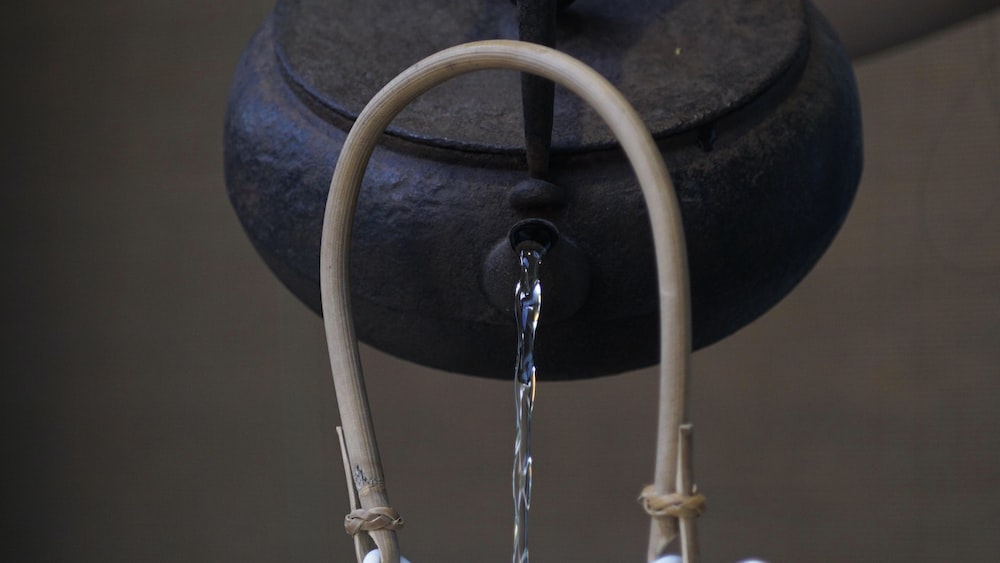
Black Tea
Ah, the robust Black Tea – the heavy lifter of the tea world! This tea type has a notable ability to retain its character for a more extended period. Keep your tea safe from its arch-nemeses – light, air, and moisture, and it will serve you for a solid 2-3 years or more.
Everything from your morning cup of joy to your afternoon pick-me-up depends on the freshness of your Black Tea. But, stored with caution, and this flavorful specimen will have your back for years to come!
Herbal Tea
Herbal tea is not exactly a ‘tea’, but a blend of herbs, flowers, spices, and sometimes even dried fruit. Because of the various components involved, Herbal tea’s shelf life can be quite a whimsical number, ranging anywhere from 1 to 3 years. Sounds like a fairy tale, right?
But remember, the efficacy and potency of the herbal ingredients decline over time, and this directly impacts the taste and health properties of your brew. Oh, and did we mention that the aroma is generally the first thing to pack its bags and exit the ‘tea’ building? So, a sniff test is recommended before brewing this one up!
The efficacy and potency of herbal tea decline over time, impacting its taste and health properties, so a sniff test is recommended before brewing.
Loose Leaf Tea
And now, ladies and gents, introducing the diva of the tea world – Loose Leaf Tea. The brewing time is longer, requires dedicated utensils, and demands proper storage. Picky, don’t you think?
But here’s a secret – good things come to those who wait. Bulkier and less processed than its cousin – the humble tea bag, loose leaves hold on to the flavor and aroma for longer periods, yielding a more robust brew each time.
The shelf life of a fine loose leaf tea can range anywhere between 1 to 2 years, depending on how it’s stored. Checking on its flavor, aroma, and texture before brewing is, hence, always a good idea. Remember, your diligence in tea storage plays a significant role in the longevity of your leaf tea!
How to Store Tea for Maximum Freshness
Huzzah! You’ve embarked on a journey into the wonderful world of tea, and I assume you’re now fondling a bag of delicate leaves wondering, “How do I keep these lads fresh?” Well, don’t just stand there quivering like a wet oolong leaf in the breeze. It’s time to tackle this issue with zest!
Proper Storage Conditions
To keep your tea from screaming “I want to expire!”, there are a few factors to consider. First off, tea is like that fussy feline friend that despises light. Storing your tea away from direct sunlight is critical! Think of your tea as a vampire, sizzling and losing its strength when exposed to sunlight, yikes!
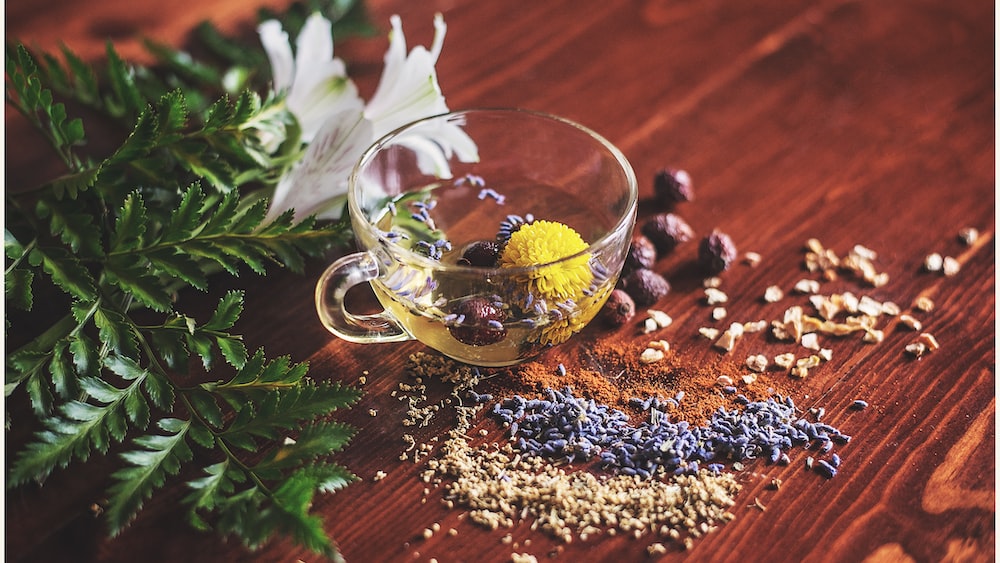
In the same manner, tea abhors moisture, much like that finicky furball dreading water. Moisture can hasten the degradation process in teas, turning your lovely lil’ leaves into stale-tasting dust. Tea, essentially, needs to be kept in a cool, dry place. Yeah, kind of like a pet rock. Moving on!
Best Containers for Tea Storage
So now you’re wondering, as you twiddle those tea leaves, “Where do I stash this stuff?” Ever consider that those posh colorful tins you’re incessantly ordering might make perfect tea containers? Well, pinch yourself – you’re not dreaming!
Metal tins are one of the best ways to store teas. Tea leaves cozy up nicely inside them, and the thick walls keep out excess moisture and sunlight. Your green teas and oolongs will thank you. Trust me, nobody likes a sulky green tea!
Clay containers are also an option, many of which come designed for specific varieties of tea. These are ideal for teas that appreciate some air circulation, allowing them to grow old gracefully.
Glass jars may also do the trick, BUT_, and yes, it’s a big but, the tea must be kept in a dark place. Remember, your tea is an undercover agent working against UV rays. So unless you’re storing it in a cupboard darker than a murder mystery novel, I’d stick with metal or clay.
Signs Your Tea Has Expired
Ever brewed your favourite tea only to discover it tastes like, well, hot water? Better check that tea for a pulse because it might just have expired! But fear not, my brew braving companion; it’s not all doom and stale tea. You just need to know what signs to look out for.
Changes in Color
Watch out for drastic changes in the color of your tea. If your once vibrant green tea now resembles the khaki pants we all regret wearing in the ’90s, I’ve got news for you: it’s probably expired.
However, color changes may not always spell disaster. Teas change shade naturally over time and with different blends. So if it has morphed into an unfamiliar hue but still smells like your beloved brew, don’t be hasty in sending it off to tea heaven. Remember, “A fool sees not the same tea that a wise man sees.” (Sorry, Blake. For the sake of good prose, I had to.)
Changes in Aroma
It’s not just the appearance of your tea that matters but also the whiff that it gives off. So, if you’ve previously been hit by a delightful, aromatic express and now it’s more of a subtle, bland steam engine, that tea may be heading towards the ‘past its best’ station.
Trust your nose on this one. If the appetizing scent has exited the carriage leaving a musty, stale odour with a one-way ticket, you may have an expired tea on your hands, or in your cup.
Changes in Flavor
Remember that zingy, lush waft of flavour you experienced when you first sipped your tea? I know you do. Well, if that’s now a vague memory and your tea tastes as lifeless as an overcooked noodle, it might just have pottered over to the expired side.
Remember, if your tea has lost its flavour and you’re simply met with a dull hot water surprise, it could be time to say goodbye. Tea should be enjoyed, not grimaced at!
What to Do with Expired Tea
“Tea (expire) has come, and ruin wreaked upon my soul!” Wait, before you go all melodramatic and toss those tea leaves into the bin, let’s explore what you can do with expired tea. Fear not, for an expired tea does not equate to an irreversible tea-astrophe!
Creative Uses for Old Tea
Who says you’re only meant to drink your tea? Take a moment, and ponder upon this question. Instead of throwing it away, old tea can be your gift saver in unexpected ways. For example, mix it with your garden soil. Yes, you read that right! It can be an organic fertilizer for your plants. Your roses, particularly, wouldn’t mind a sip of that good ol’ Earl Grey you’ve stored away for eons.
That’s not all, folks! Pull up another chair and saddle up, for we aren’t done yet. Calling out all you smoothie drinkers out there, old green tea can also become your new secret weapon. Blend it with your usual mix of fruits and voila! You have yourself a tea-infused smoothie. Caution! It can be addicting.
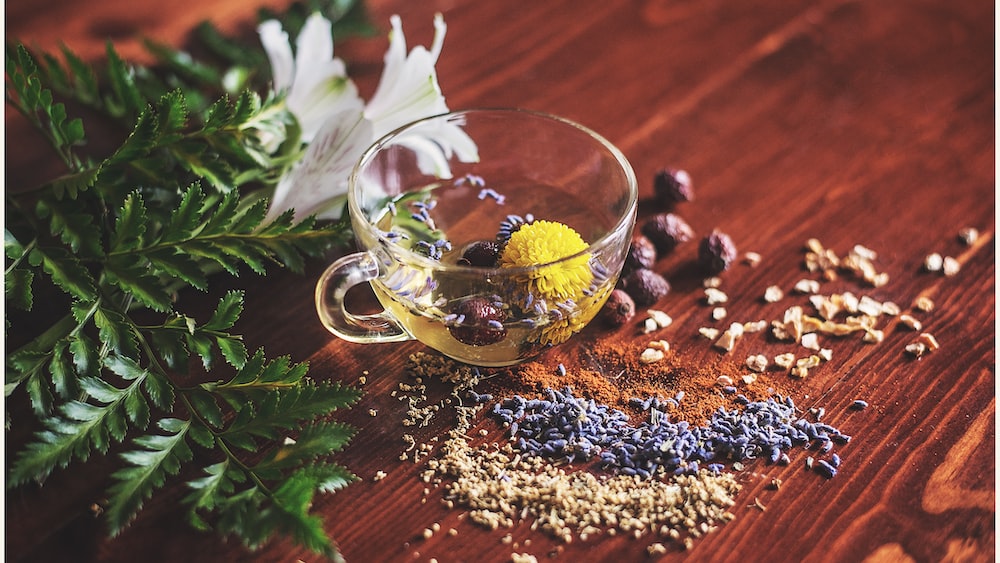
Safety Concerns with Expired Tea
But let’s hang back and get serious for a moment, because while finding creative uses for old tea might sound like a fun adventure to embark upon, there’s also an underlying concern that needs addressing. Much like pushing the boundary of jokes at a stand-up comedy event, one must know when to draw the line. The line here being the safety aspect of old tea, especially when consumed.
There could be a lurking risk in that old tea bag. Although, it’s as rare as coming across a unicorn in a lily cooper field, but the risk is still something of a concern. For green tea aficionados, if it’s been lying around in incorrect packaging, then the chances of mold development up their game. Plus, if the color of your old tea has changed drastically (imagine your tea switching its hair color), that’s another red flag for you.
Finally, if your tea flirts with a funky smell as if it’s been partying with its mold buddies, it’s best to toss it away. Better safe than sorry, right? When it comes to health, it’s never a smart move to pummel down that adventurous road.
The safety aspect of old tea needs to be addressed as there is a risk of mold development and potential health concerns if the tea has changed color or has a funky smell.
Frequently Asked Questions (FAQs)
1. Can drinking expired tea make you sick?
Drinking tea that has expired might lead to an upset stomach, but this is relatively rare. More common is a decrease in taste and flavor potency.
2. Does the type of tea affect its expiration date?
Absolutely, the type of tea impacts its shelf life. For instance, black tea tends to have a longer shelf life than its green tea cousin.
3. How can I extend the shelf life of my tea?
To extend your tea’s shelf life, focus on proper storage. Airtight containers, cool and dry spaces are the best pals of your tea stash.
4. Can I use expired tea for other purposes?
Certainly! From garden fertilizers to flavoring your cooking, expired tea plays multiple roles beyond the teapot.
Conclusion
Remember in the world of tea, plenty is happening behind the scenes, it’s more than the polite question of ‘pinkies up or down’ while sipping. It’s about understanding the art of expiration. See expired tea no longer as a wasteful product, but an opportunity for renewed usage. Appreciate the details that often go unnoticed, like packaging and storage conditions, they subtly impact your tea’s lifespan.
Keep brewing, venturing, and exploring this universe of teas. Each sip, swirl, and steep reveals a deeper layer of this comforting elixir. Here’s to many a cozy teatime ahead!
That’s my time! Thank you and goodnight, beautiful tea enthusiasts.
Yours Sincerely, Zoe

